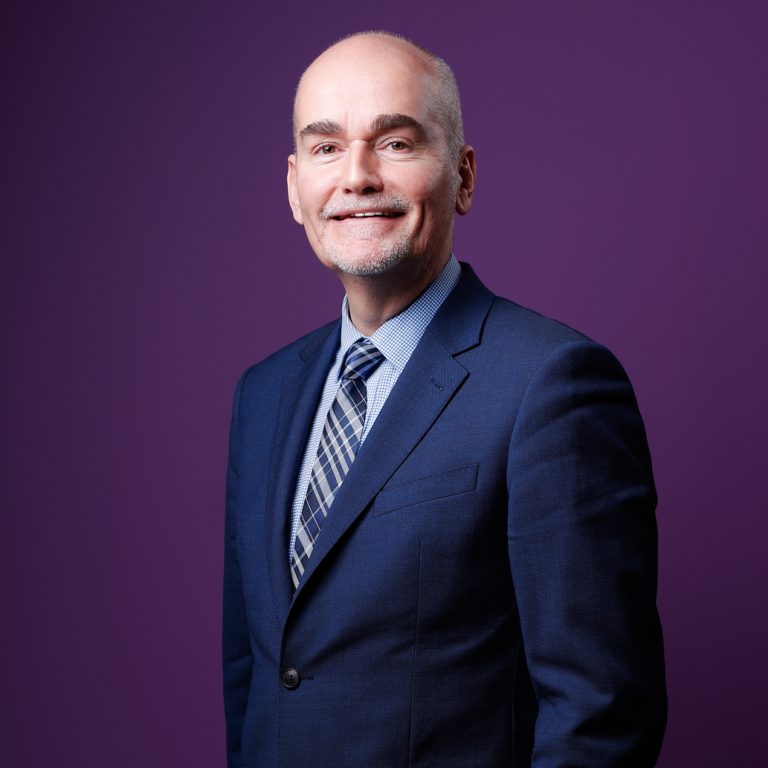Almost uniquely in the financial sector, the FSCS emerged from the flames of the financial catastrophe with its reputation enhanced. As the media frenzy frightened customers into queuing up around the corner, desperate to extract their hard-earned money out of collapsing banks, it was the FSCS that stood up to the plate. However, it soon became clear internally the sheer scale of the task ahead would be overwhelming.







